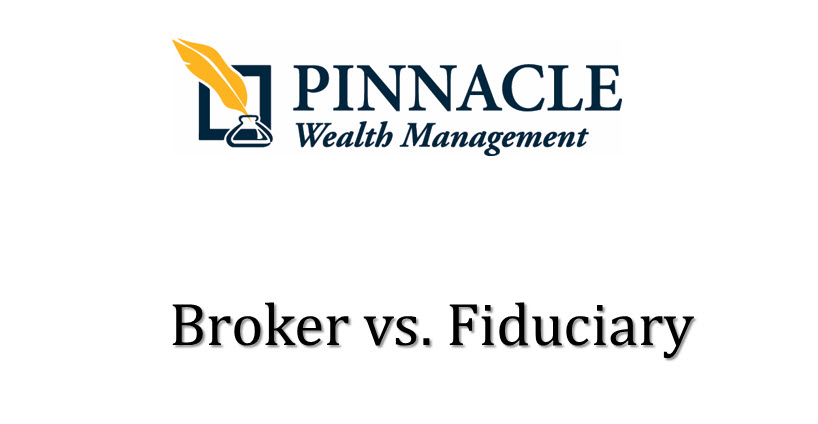Is your advisor a butcher or a dietitian?

What is a fiduciary?
A fiduciary is a professional entrusted to manage assets or wealth while putting the client's best interest first at all times. Financial advisors who follow a fiduciary standard must disclose any conflict, or potential conflict, to their clients prior to and through the advisory engagement. Fiduciaries will also adopt a code of ethics and will fully disclose how they are compensated.
Who is a fiduciary?
Registered Investment Advisers (RIAs) are held to a fiduciary standard of care. By law, they must act solely in the best interest of their clients. To ensure your advisor or a potential advisor is following a fiduciary standard, request to see the advisor's ADV (a form filed with the SEC) or ask if they will sign a fiduciary oath.
Things to remember
Non-fiduciary advisors can recommend investments with higher fees, riskier features and lower returns because they earn more money for the advisor, even if those investments are not the best choice for their clients.
Fiduciary versus suitability
How advisors are compensated does not determine their character, but it may influence their behavior. Unfortunately, an advisor's business structure and compensation model can make it difficult to avoid conflicts of interest and to provide objective financial advice. The majority of the public does not understand the two competing standards under which financial advisors operate: the fiduciary standard and the suitability standard. Failing to understand this difference can potentially have negative financial consequences.
Fiduciary standard
Fiduciaries are individuals you hire to act in your best interest. Examples of fiduciaries include physicians, accountants and attorneys.
In the investment industry, independent Registered Investment Advisers (RIAs) are also fiduciaries, which means they are held to a strict fiduciary standard by law. They are regulated by the state in which they do business or by the Securities and Exchange Commission (SEC). A financial advisor embracing the fiduciary standard occupies a position of special trust and confidence when working with a client.
As a fiduciary, the financial advisor is required to act with undivided loyalty to the client. This includes disclosure of how the advisor is to be compensated and any corresponding conflicts of interest. RIAs generally charge a fee for their advice rather than commissions because commissions entail an inherent conflict of interest. In short, RIAs are legally required to put their clients' interests ahead of their own.
Suitability standard
Under current law, broker-dealers, independent advisors aligned with broker-dealers and many insurance salespersons are regulated by FINRA and are held to a lower standard known as “suitability.”
The "suitability standard" only requires that the investment products they sell are “suitable” — not necessarily optimal — for their clients. For example, a broker/advisor could sell you the investment that pays the highest commission, as long as the investment is deemed “suitable.” They are not required by law to disclose potential conflicts of interest.
Advisors operating under the suitability standard are often paid a commission for products they sell, or they are paid a combination of fees (“fee-based”) and commissions, which entail an inherent conflict of interest between the advisor and the client.
“Dual registration” — Many firms, including the major “big-name” firms, are “dually registered” as investment brokers as well as Registered Investment Advisers. We believe this causes confusion as to when the advisor is working in your best interest under the fiduciary standard and when the advisor is acting under the lesser suitability standard.
If you are not working with Pinnacle Wealth, ask one simple question — “Are you acting under the fiduciary standard when recommending investments, and will you put that in writing?”
Pinnacle’s Pledge
We believe our clients should work with a financial advisor who ALWAYS acts as a fiduciary. As a fiduciary, we will always place our clients’ interests ahead of our own. Here’s our Fiduciary Pledge